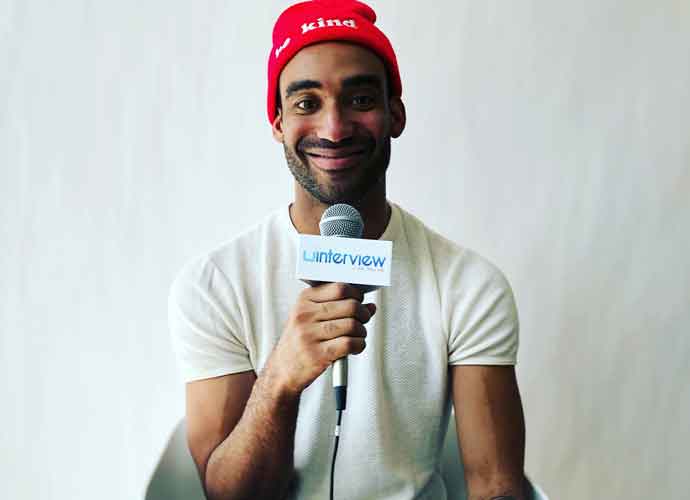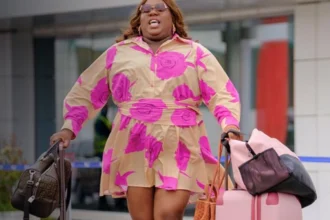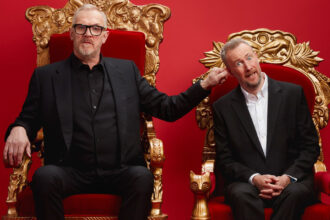VIDEO EXCLUSIVE: DJ Zeke Thomas Discusses Sexual Assault Against Men, Need For Victims To Come Forward
DJ Zeke Thomas sat down with uInterview exclusively to discuss his decision to go public with his story of sexual assault back in 2017. The 29-year-old DJ, who is the son of NBA legend Isiah Thomas, revealed he had been drugged and raped after a second date in an essay in website The Cut, and has since become a public advocate for survivors of sexual assault.


 Click here for the Oscars 2019 Slideshow: The 10 Best-Dressed Stars Slideshow
Click here for the Oscars 2019 Slideshow: The 10 Best-Dressed Stars Slideshow










Leave a comment